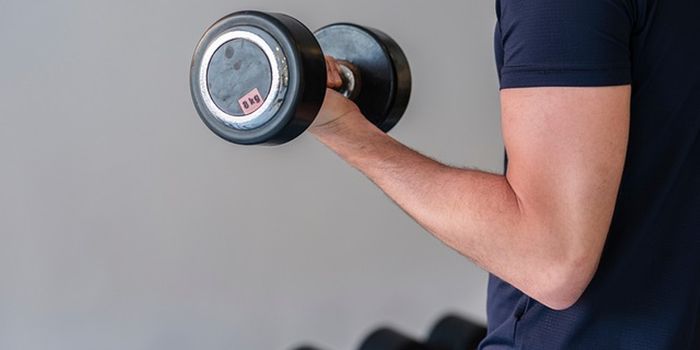Immunotherapy Could Be Used to Treat Traumatic Brain Injury
Video: Further explaination of microglia and their various functions.
Traumatic Brain Injuries are physical injuries to the brain which cause inflammation and are known to cause neurodegenerative diseases like Alzheimer’s, Dementia, and Chronic Traumatic Encephalopathy (CTE), which has been in sports headlines regarding concussions. Researchers at Trinity College in Dublin and the University of Maryland School of Medicine are working on a possible immunotherapy to reduce inflammation after a TBI and reduce risk of neurodegenerative diseases.
When a person experiences a TBI, for example a concussion, microglia cells become inflamed and effectively form a protective cushion around the brain. Microglia are the brain’s immune cells, but long periods of inflammation, or many cycles of inflammation, cause neurological and cognitive damage.
The researchers have now shown that inhibiting a gene in the microglia, necessary for their survival, will decrease inflammation and reduce risk of developing a neurodegenerative disease. The researchers controlled a TBI in mice, then one month after the injury, they inhibited the CSF1R receptor in microglia cells. One week after inhibition, the receptor was controlled to resume normal activity. The researchers found that turning off the critical receptor killed 95% of microglia cells, which dramatically decreased inflammation. Furthermore, when the receptors were allowed to resume activity, they were “reset” to normal activity, not a highly inflamed state.
Though this is an early study in mice, researchers from a variety of backgrounds are interested in testing the concept with more specific parameters.
Sources: Henry, et. al., PubMed, NeuroscienceNews








